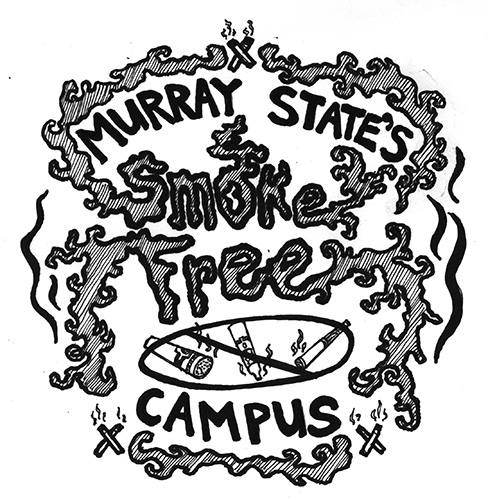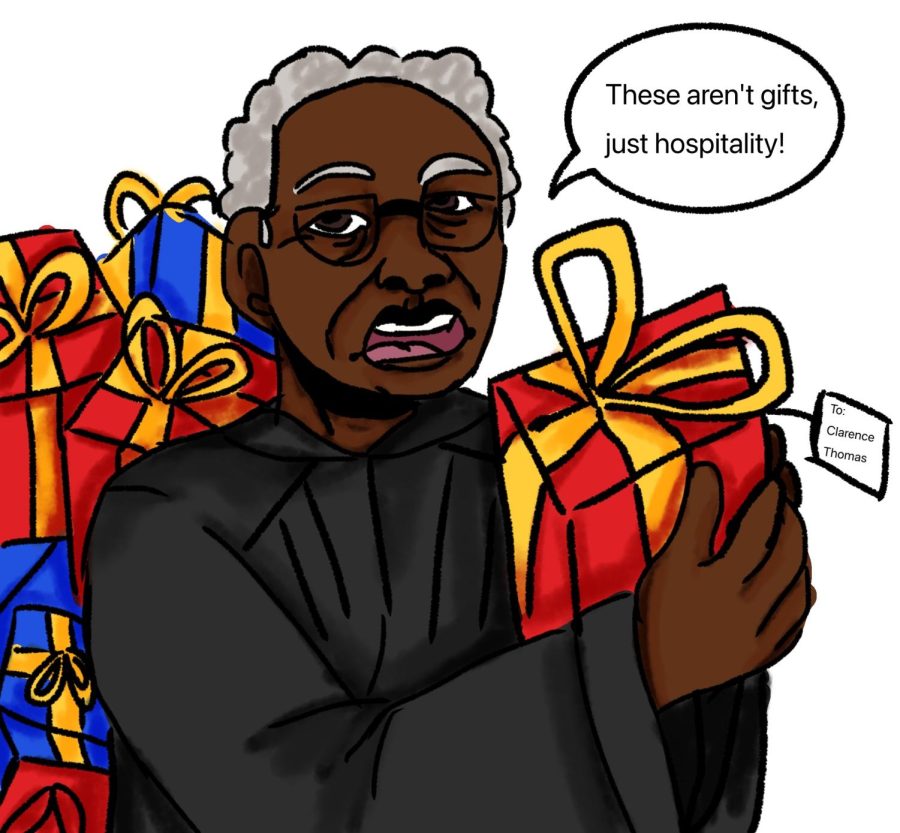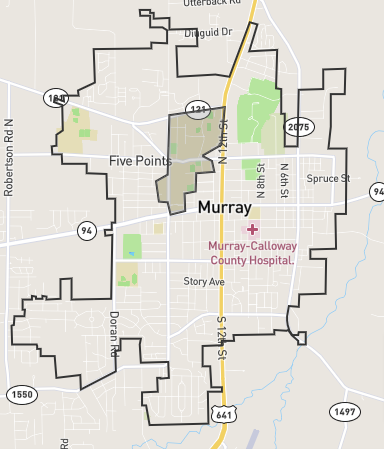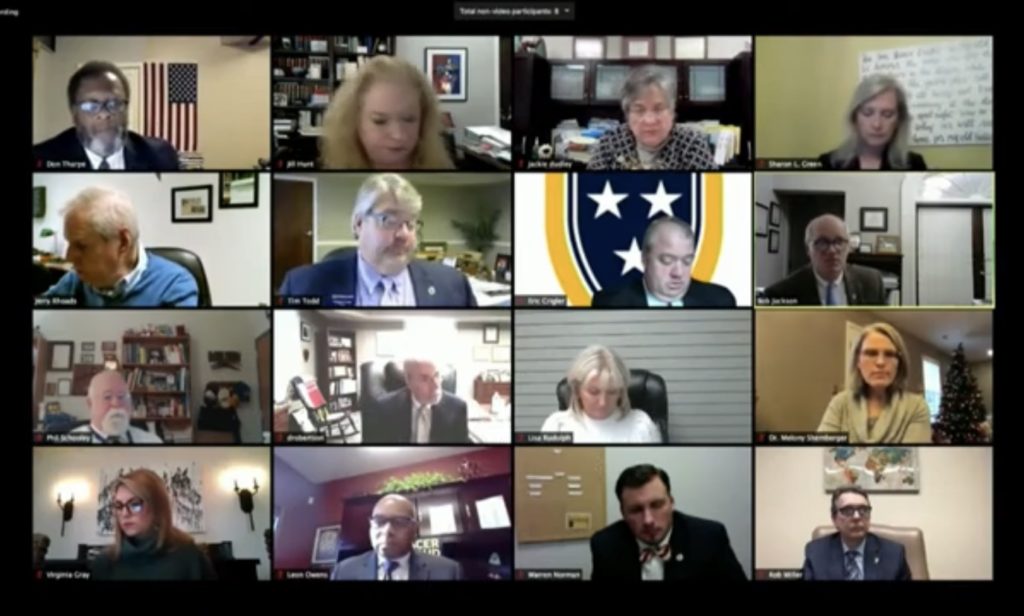The staff editorial is the majority opinion of The Murray State News Editorial Board.

It seems that students, faculty and staff have been on their toes since the Board of Regents passed a motion for a smoke-free campus at Murray State.
After the board’s Dec. 14 meeting, President Bob Davies sent a campus-wide email with information about the decision. Because the changes will not be enacted until the next academic year, smokers and non-smokers are left to wonder how the historically tobacco-friendly campus will change – whether it be for better or for worse.
According to the motion, tobacco and tobacco-like products will be prohibited on property owned by the University. That includes, but is not limited to, cigarettes, chewing tobacco, e-cigarettes and hookah.
Smoking cigarettes is an overt activity. However, how will the University be able to find people chewing tobacco and smoking e-cigarettes? Neither have a smell and users can be more discreet.
Enforcing the ban may prove to be a struggle, especially at Murray State. Tobacco use is more acceptable here because we are in a large tobacco-producing region. Smoking students have their own unspoken spots. Dark-fired tobacco is the livelihood for many in the area, and their product is well received.
What entity will be responsible for enforcement of the policy? The enforcement issue could turn out to be difficult, but it could also create more student-worker positions, despite the fact that it is still unknown in what department that will be.
Though this is the first formal ban Murray State has implemented, it is not the first time legislation was discussed to curb on-campus tobacco use. A student-led organization pushed the issue five years ago and in 2008, Murray State’s Staff Congress passed a resolution to prohibit smoking within 100 feet of a building on campus. No formal policy was made and there were no efforts to actively enforce it. Based on the way the University dealt with tobacco legislation in the past, the process of students accepting the ban could potentially be as difficult as the University enforcing it.
Regents Residential College is a smaller example of how students will react to the policy. Since the entrance to the college became smoke free a year ago, students are largely aware of the ban and generally follow the rules. Though the policy won’t come into effect until the next academic year, students may see changes this semester. The board provided suggestions to implement transitional rules on campus, including creating smoke-free zones to entrances of buildings and prohibiting the use of tobacco in campus buildings. These small changes will spearhead the policy and provide a transitional environment for students who must obey it next year.
Before casting our doubt, it is important to know that the policy is still in its early stages. In his email, Davies said the specific policy, along with the implementation schedule and procedures, will be drafted and presented to the Board of Regents in February.
Our more specific questions will be answered once the policy is finalized, but we hope to be informed on the future processes.



































































































